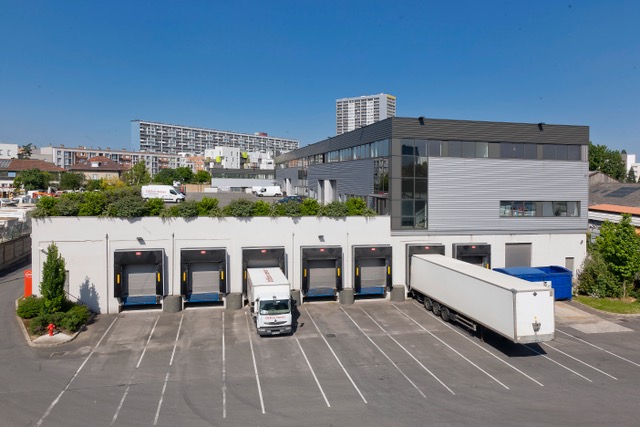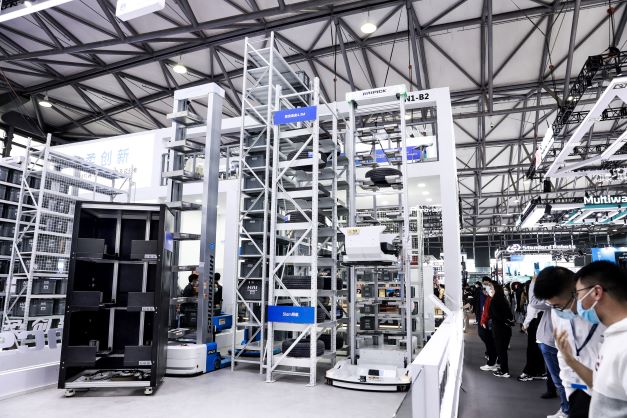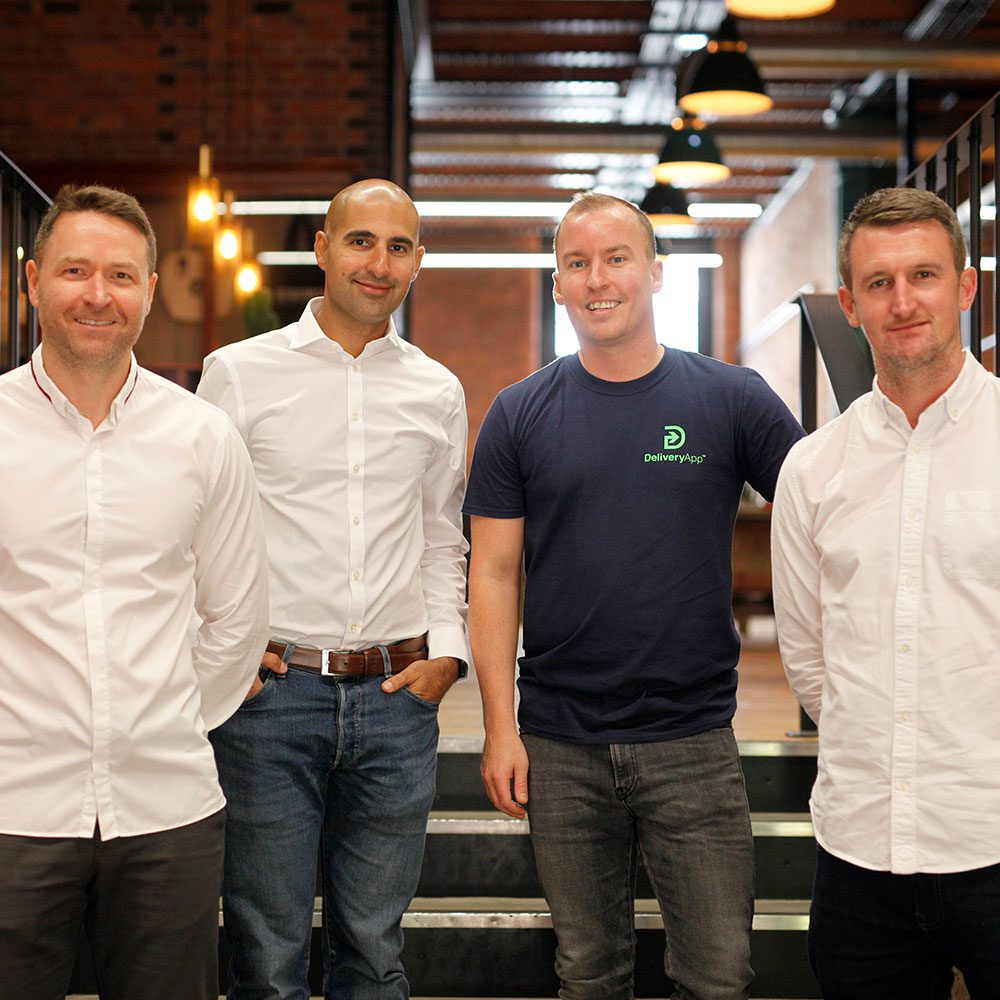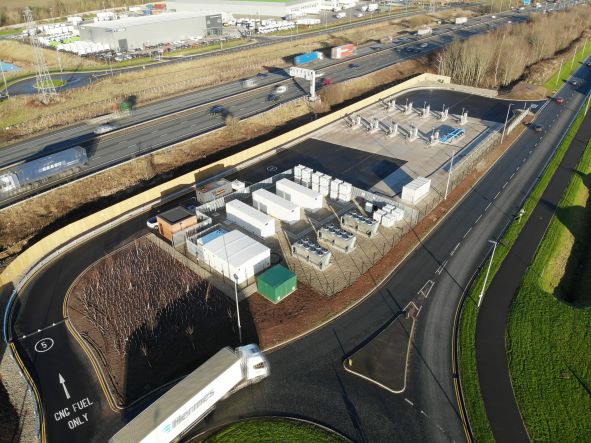DeliveryApp, the Manchester based tech start-up, has been on a supercharged growth strategy in 2021 following significant investment in January.
The technology-based logistics platform connects independent couriers with end users for fast deliveries through its Apps (available on Google and Apple stores) and website.
DeliveryApp says the platform is unlike other operators within the logistics industry due to its unique, agile structure. It has no slow and expensive hubs across different cities generating service costs. Instead, it’s formed a network of over 500 independent couriers across the country who will collect and deliver the parcel personally. That ever-expanding driver network is in-part thanks to its ethical approach to its drivers.
Drivers can earn a higher price per mile, take control of their own jobs without difficult-to-achieve targets and will be paid thanks to its fast, full automated payment system. It is a framework which has been developed through driver focus groups in order to create a platform which understands its audiences.
As DeliveryApp co-founder and Silicon Valley magnate Ioannis Verdelis explains: “Our platform lives and breathes through our drivers, if they’re not happy, we’re not happy. So, during our development phase we channelled just as much energy into creating an eco-system which works as well for them, as it does our end users booking deliveries. Faster payments, fair pricing and being in-control of their own deliveries were all important objectives for us to get right from the outset.”
The App, which is in BETA phase 3.1 and went live across App stores in May, has been experiencing rapid growth as its reputation and network starts to build organically.
Its customer proposition is defined, too, as Vedelis continues: “Our customers are on the whole driven by two things – price and trust. They want to get the best-possible price for their delivery, and they want to be confident it’s going to make the journey unscathed. Our transparent pricing through the platform means they can very quickly calculate the cost of their delivery, and thanks to our technology-based infrastructure, we cost around one-third less than the competition.
“Our customers are also given ownership of their delivery. They can see and control the whole process from prescribing collection and delivery times, to tracking the parcel as it travels to its destination with evidence provided on completion.”
By the end of June, DeliveryApp had signed up over 200 businesses, no mean feat for a platform which had only been live for two months and is still its BETA phase. It echoes the businesses’ last eight months which has seen DeliveryApp really scale its operations.
Lance Jones, Founder and CEO, describes DeliveryApp’s rapid growth: “The last eight months really articulate DeliveryApp’s clear vision and the size of the opportunity the platform represents. In January we unlocked our potential, we generated a multi-million-pound investment in order to turbo charge development and take the concept to market.
“Since then, it’s been a process of getting the right infrastructure in-place in order to achieve this – people like Ioannis Verdelis who has a proven track record of bringing disruptive apps to market and digital expert Justin Blackhurst whose outstanding reputation in digital marketing, SEO and web development through his consultancy DigitalNext makes him the perfect fit.”
“The business now has a 15 strong team of specialists in user experience, development, sales and driver operations based at our Manchester head office.”
To accommodate the new team and the businesses’ rapid growth strategy, DeliveryApp has taken an office at Department Bonded Warehouse in Manchester’s Tech and Enterprise City. Painted a vibrant green in-line with the brand’s fresh colour palette, it creates a sense of place for those news starters to collaborate and thrive as a team. Empowering quotes adorn the walls, and a table tennis table creates a space for the team to bounce ideas off one and other.
Jones continues: “For me, our people are just as important as our platform. Our culture and identity are driven by our people. We’re exciting, fun and innovative. We have good values, purpose and ethics, our people need to embody all of these things.”
DeliveryApp’s strong sense of purpose can be seen through its TechForFutures initiative. The business is re-investing a percentage of its profits and company resource to help inspire the 4.1m children living in poverty to learn digital and tech skills through funding for courses and local community work.
Justin Blackhurst, Co-founder, said: “DeliveryApp is an incredibly exciting business to be a part of. We’ve built the foundations for success and now it’s all about taking the business to the next level, whilst the platform maybe in its infancy, the scale of opportunity is huge.
“The logistics industry has on the whole been sluggish and a little reluctant to adopt new technologies. DeliveryApp brings these new intuitive consumer technologies and capitalises on the demand at people’s fingertips. Whether you’re an individual selling something on Facebook market place and want to provide a price for getting a bed or sofa from one side of the city to the other, or you’re a business using 50 couriers a week, DeliveryApp provides a slicker, cost effective solution.”







